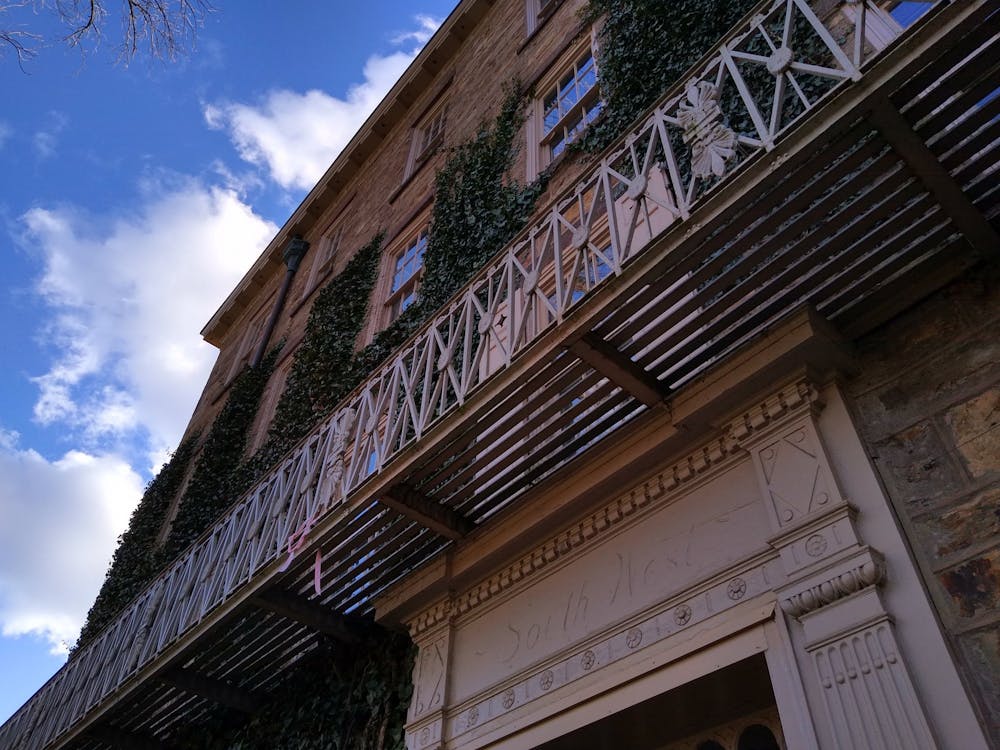In a recent article for The Daily Princetonian, Andi Grene ’24 wrote that we should “expect, not glorify, Princeton’s financial aid.” Although I believe the issue of whether financial aid should be expected or glorified is an unnecessary binary, Grene’s piece encourages an important and difficult discussion: how might students talk about their aid, and should they expect their aid?
Even if financial aid should be “expected,” the more constructive approach to understanding it may be to accept its troubling implications. Princeton’s financial aid students are beneficiaries of immense wealth in a society that does not equitably distribute it, and we may feel a resulting sense of indebtedness, luck, or impostor syndrome that we cannot easily remove. However, such unwelcome feelings may prove our greatest motivator, urging us to reform our nation to make higher education affordable and accessible for future generations.
There is no doubt that the nation’s higher education system is broken. American colleges are the most expensive in the world, and our student loan debt continues to balloon outrageously. In this environment, Princeton’s choice to invest large sums into its financial aid program is the exception and not the norm.
However, should such aid be “expected”? The possible answers are numerous, but Grene’s article answers this question with only Princeton in mind. As a result, the article singles out Princeton and other private institutions — especially those with “financial power” — as the only entities with “naturally assigned” expectations. This is too narrow a solution for so massive a problem.
Given the monumental scale of America’s broken education system, there are a variety of actors that might also provide financial aid. Perhaps all students should expect aid from charities, scholarship institutions, or various levels of government. Indeed, state governments like California’s have decided to pay for up to two years of community college, and the current administration now plans to push free community college nationwide.
Overlooking these various possibilities while claiming that Princeton must “naturally” offer vast sums of financial aid seems problematic. At best, such a statement runs the risk of antagonizing those who allocate aid by appearing ungrateful. At worst, it appears indicative of entitlement in a nation where higher education remains an insurmountable cost for many.
How, then, should students feel about their financial aid in this broken system?
In her article, Grene writes that “there is an implicit sense of indebtedness that is associated with a generous financial aid package.” She adds that she feels “grateful” for this aid but not “shocked by it.” These are poignant and honest emotions that cannot be discounted.

Indeed, whether financial aid warrants indebtedness or not, gratefulness or not, shock or not, we might understand that there remains a complex and vulnerable conversation to be had about how students relate to their aid. This conversation may not produce perfect answers, but it could show students that they are not alone in grappling with these issues.
For those that grew up without great means, the idea of simply being given tens of thousands of dollars may feel out of order. At what other points in our lives have we received so much from a system of any kind, private or public? Students might have automatic responses: we must work hard to deserve it, we must learn from it, we must somehow repay it.
We must, we must, we must.
These anxieties are not faults of our own, but direct results of the impossible situation we find ourselves in. We are the beneficiaries of exceptional wealth and opportunity when we know that all students deserve, but are not afforded, the same. In response, what might we feel? Simple luck? A sense of indebtedness? The creeping suspicion that we do not belong?

These messy feelings may never leave us. If so, one hopes that we might utilize such emotions for good and create a more equitable higher education system. Future generations may not have to consider whether they should “expect” financial aid or not.
Instead, they will work to repair our broken system. Instead, they will work to balance our nation’s chasmic need with its towering opportunity. Instead, they will work for all, not few.
I can think of no better time to start than today.
David Palomino is a junior in the politics department from Los Angeles, Calif. He can be reached at davidap@princeton.edu.








